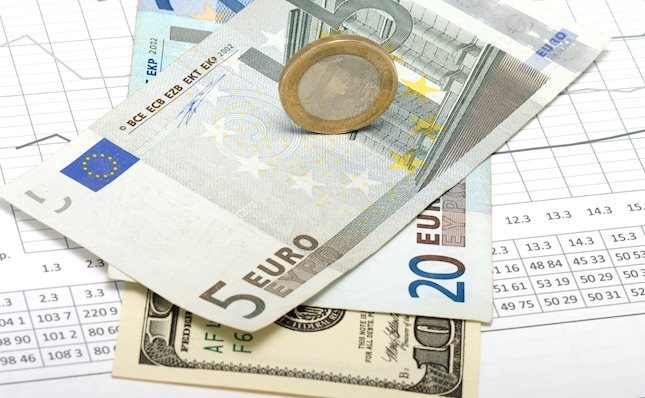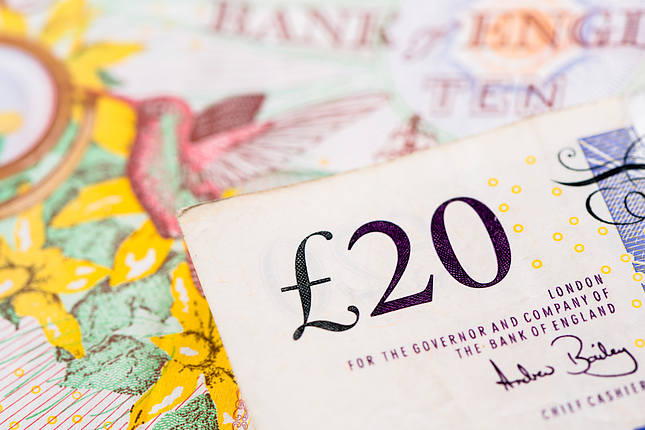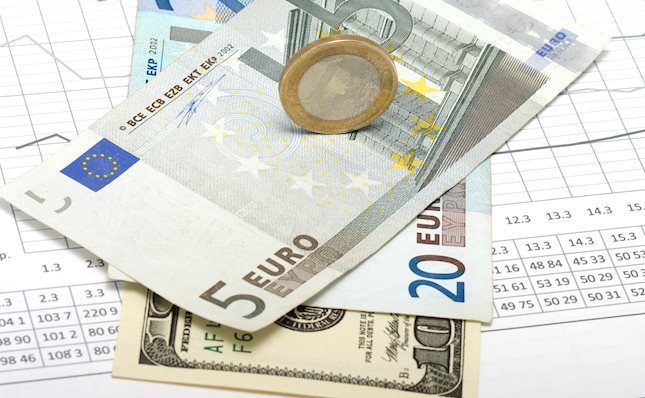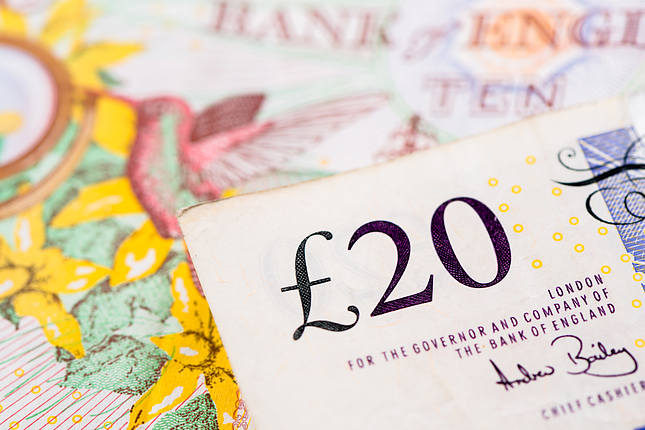Do our mistakes make us smarter? Common sense suggests that we can turn our mistakes into positive learning experiences and improve our performance at a given task. However, it seems that people often do not learn from their mistakes and instead keep repeating them.
Example: you have a losing day trade and decide to widen your stop loss. Deep inside, you know that this is a bad idea and that widening your stop loss out of panic means increasing your risk. Nonetheless, you go on and adjust it. At a later stage, you may even add more funds to sustain it longer. When you first start trading, you may often get trapped into this kind of predicament. Unable to handle an emotional reaction, or being unsure about how to manage a critical moment, makes you more prone to mistakes and wrong decisions.
The issue is that we never make one mistake just once. This is also true for experienced traders or other aspects of our daily life. So why do we repeat the same mistakes?
Your brain’s response to error making
It turns out that there are two main ways our brain responds to making mistakes.
First response:
If your brain interprets it as a wake-up call, your problem-solving skills are activated. Typically, you‘d try to figure out what happened and what are the possible factors that caused the undesired effect. During the next decision, your attention heightens and you may take a longer time to conclude what you should do, a phenomenon known as “post-error slowing”.
Second response:
Alternatively, your brain may perceive the error as a threatening event and shut down. To avoid the discomfort that making a mistake creates, the brain employs an escape strategy. This second brain response is typical of people who pay more attention to positive feedback.
If your brain responds this way, you may be using cognitive biases that hinder you from improving your performance. You could try to rationalise, justify or selectively omit information that indicates you are wrong by attributing the end result to external factors.
In this case, you may think: “I kept adding to my position because I expected the market to reverse, and all indicators confirmed this (confirmation bias). What happened was just a low probability but the market is always unpredictable (self-serving attributional bias-it’s the market, I did everything right).
Who’s more likely to use mistakes as an opportunity for improvement?
If you thought that analysing the “why” and “how” of your mistakes will decrease the likelihood of you repeating them, think again. Although your brain slows down the decision-making process, this doesn’t increase accuracy. If you get too caught up in understanding why you made the mistake or if there is something wrong with your trading ability, you may be distracted from the real task, which is the trading decision you have to make. In other words, the longer you spend in analysing the mistake, the more your “mistake pathways” are reinforced.
So what’s the optimal way to respond to your mistakes?
Counterintuitively, if you don’t want to repeat the same mistake, try not to learn from it. Analysing it excessively will probably cloud your judgement further.
However, don’t turn a blind eye to it either.
Instead, plan the future and set appropriate goals. Recognise the triggers that could instigate the same erroneous reaction from you, and find helpful coping mechanisms.
Let’s take a look at how we could practically do that.
Step 1
Assume that you will make the same mistake again. Then identify all possible conditions that could act as triggers.
Step 2
Identify the automatic thoughts and related emotions that could lead to the trading mistake. An automatic thought is a thought you often don’t realise you are having but it makes you feel and act in a certain way. If your automatic thoughts are unhelpful, you will engage in a behaviour that is probably not helping you either.
Step 3
To prevent future mistakes, we must practice awareness and reframing of our automatic thoughts. Come up with an alternative, helpful thought and replace the ones that are triggering you to act in a way that doesn’t serve you.
Step 4
Now that you are not any longer led by your automatic thinking, what action would you perform?
Please view the table below as an example of how you could start recording your errors and thinking processes in difficult situations.
Trading errors record sheet
You can make this part of your trading journal or use it after an unsuccessful trading attempt. As we mentioned above, dwelling in the past mistakes doesn’t improve you as a trader. Rather, cultivating a heightened awareness of your inner workings as well as proper planning is what makes a difference.
Nothing in this communication contains, or should be considered as containing, an investment advice or an investment recommendation or a solicitation for the purpose of purchase or sale of any financial instrument.
Editors’ Picks

EUR/USD extends slide toward 1.0300, touches new two-year low
EUR/USD stays under bearish pressure and trades at its lowest level since December 2022 below 1.0350 on Thursday. The pair turned south amid a resurgent US Dollar demand and worsening market mood. Investors stay cautious at the onset of 2025, awaiting the US jobs data for fresh incentives.

GBP/USD slumps to multi-month lows below 1.2450
Following an earlier recovery attempt, GBP/USD reversed its direction and declined to its weakest level in nearly eight months below 1.2450. The renewed US Dollar (USD) strength on worsening risk mood weighs on the pair as markets await mid-tier data releases.

Gold benefits from risk aversion, climbs above $2,640
Gold gathers recovery momentum and trades at a two-week-high above $2,640 heading into the American session on Thursday. The precious metal benefits from the sour market mood and the pullback seen in the US Treasury bond yields.

XRP rockets 11% as Bitcoin starts New Year with bullish bang
Crypto majors zoomed higher in the past 24 hours as the market entered a widely expected bullish year, with Bitcoin inching above $95,000 to shake off losses from last week. XRP surged 11% to lead growth among majors as of Thursday, led by $1.3 billion worth of trading volumes on Korea-focused exchange UpBit.

Three Fundamentals: Year-end flows, Jobless Claims and ISM Manufacturing PMI stand out Premium
Money managers may adjust their portfolios ahead of the year-end. Weekly US Jobless Claims serve as the first meaningful release in 2025. The ISM Manufacturing PMI provides an initial indication ahead of Nonfarm Payrolls.
RECOMMENDED LESSONS
Making money in forex is easy if you know how the bankers trade!
Discover how to make money in forex is easy if you know how the bankers trade!
5 Forex News Events You Need To Know
In the fast moving world of currency markets, it is extremely important for new traders to know the list of important forex news...
Top 10 Chart Patterns Every Trader Should Know
Chart patterns are one of the most effective trading tools for a trader. They are pure price-action, and form on the basis of underlying buying and...
7 Ways to Avoid Forex Scams
The forex industry is recently seeing more and more scams. Here are 7 ways to avoid losing your money in such scams: Forex scams are becoming frequent. Michael Greenberg reports on luxurious expenses, including a submarine bought from the money taken from forex traders. Here’s another report of a forex fraud. So, how can we avoid falling in such forex scams?
What Are the 10 Fatal Mistakes Traders Make
Trading is exciting. Trading is hard. Trading is extremely hard. Some say that it takes more than 10,000 hours to master. Others believe that trading is the way to quick riches. They might be both wrong. What is important to know that no matter how experienced you are, mistakes will be part of the trading process.

Best Forex Brokers with Low Spreads
VERIFIED Low spreads are crucial for reducing trading costs. Explore top Forex brokers offering competitive spreads and high leverage. Compare options for EUR/USD, GBP/USD, USD/JPY, and Gold.
-636827241958063180.jpg)


